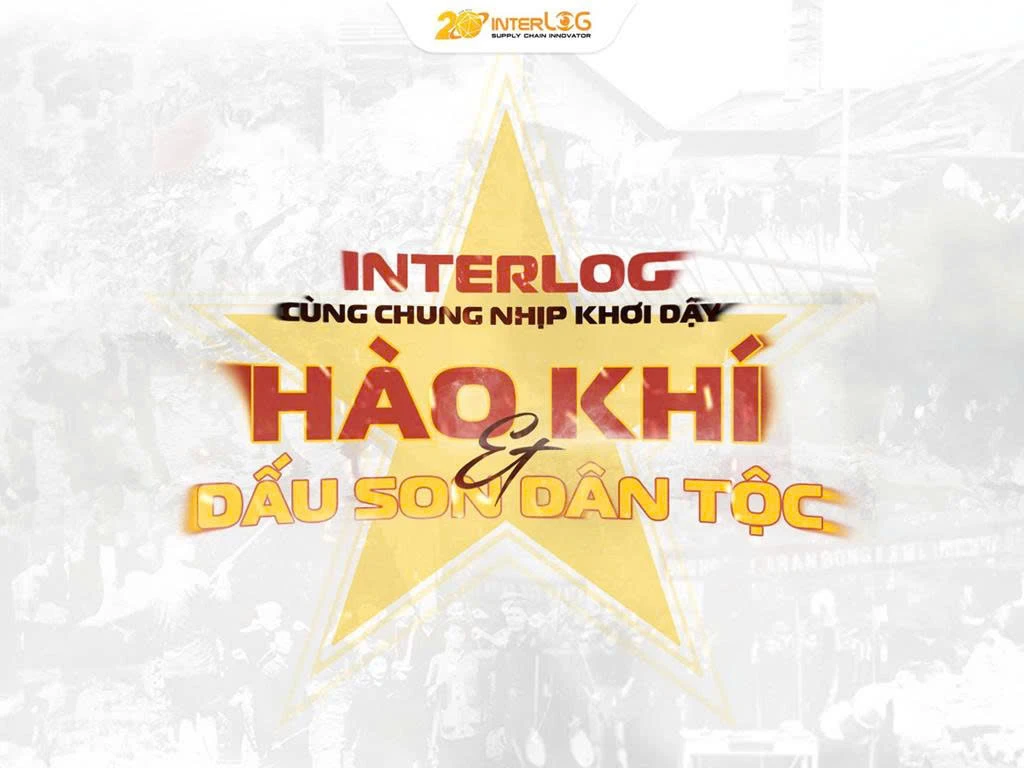

Innovation From Zero: Before the renovation era
The InterLOG 2026 Calendar, titled “Innovation from Zero,” is more than a tool for tracking days-it tells the story of Vietnam’s journey before the Renovation Era. Through hardship, challenges, and missteps, the nation accumulated invaluable lessons that gradually shaped a spirit of innovation and a determination to rise and develop. Each image marks a milestone: from national reunification, the revival of factories, and the richness of spiritual life, to agricultural creativity and comprehensive reform-all forming a vivid picture of a country learning to transform itself from Zero.
1975 - 1976: National Reunification
The year 1976 is a historic milestone as Vietnam was officially reunified, renamed, and entered a new era. It was a moment of immense joy - a long-awaited reunion of a nation that had endured tremendous loss. Yet this period also revealed limitations, as too much confidence was placed in a single development model, unintentionally restricting space for diverse approaches. Renovation does not begin with optimism alone, but with the courage to look back, to acknowledge mistakes, and to adjust for growth. This lesson laid the foundation for the transformations that followed, as any journey rising from Zero requires an open mindset and a readiness to change.
1977 - 1980: Seeking a way forward amid hardship
From 1977 to 1980, Vietnam lived under ration coupons and a centrally planned economy, operating with severe shortages and rigid constraints. This minimum-guarantee system offered some stability after the war, yet it also stifled creativity, slowed progress, and fostered passivity.
Even so, the nation quietly sought new directions. Factories reopened, workers toiled beside aging machinery, and a resilient spirit emerged - proof that the people refused to surrender to difficulty. Within the restrictive framework of the subsidy era, the seeds of renewal began to form, reminding us that human intellect cannot flourish when confined. From this struggle, the journey forward from Zero became clear: innovation often begins in scarcity, and hardship itself becomes the driving force for change.
1978 - 1985: Cultural life that cherished spiritual values
During the subsidy period, when goods were scarce and everything was measured in ration coupons, Vietnamese people preserved a wealth far greater than material possessions: neighborly affection, generosity, and solidarity. Mobile film screenings that gathered entire neighborhoods, the familiar sound of nightly radio broadcasts, and moments of sharing food among households became cherished memories of a difficult yet deeply warm era.
In scarcity, people learned to rely on one another and treasure simple but lasting values. This, too, is a profound lesson for innovation today: progress does not always arise from abundance, but from inner strength and human connection - seemingly small things that form the foundation for greater advancement.


.png)